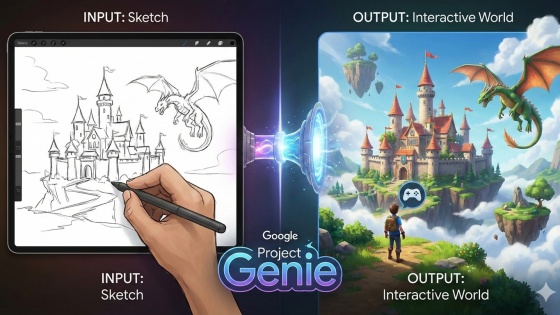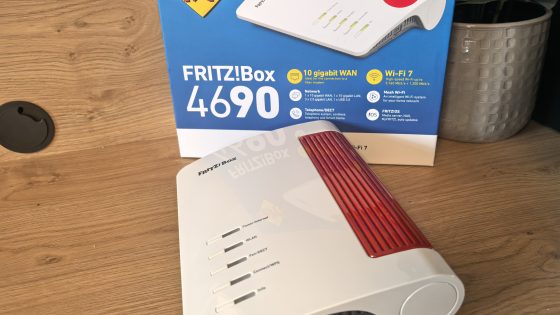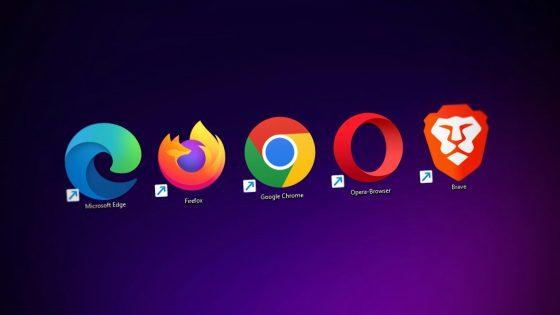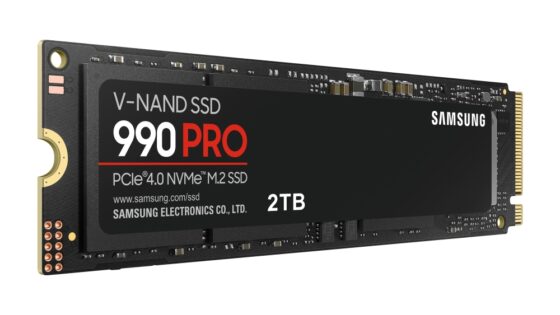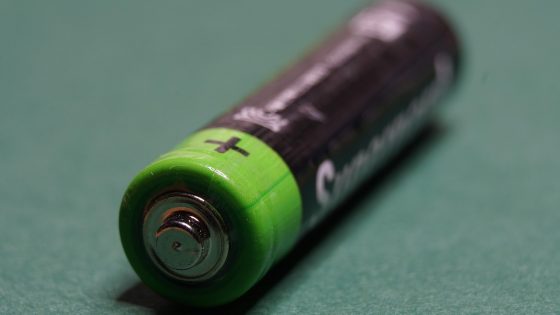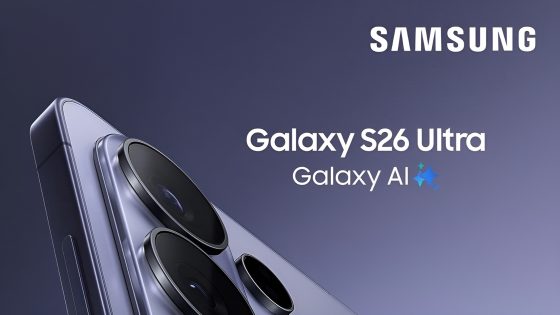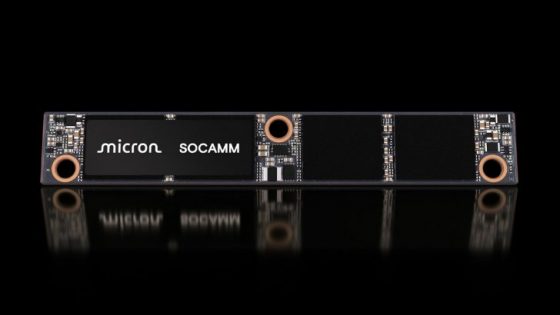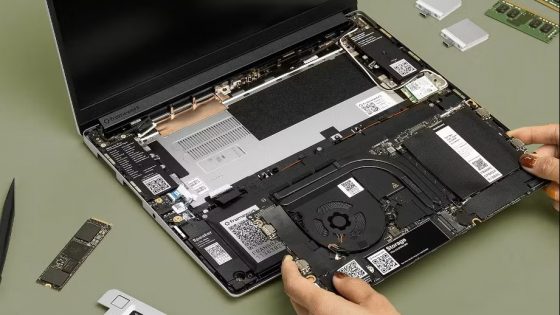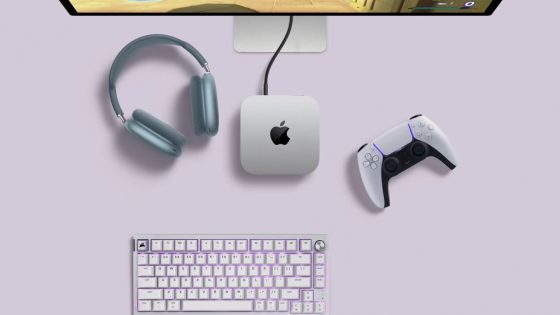Zuckerberg's vision of the future is smart glasses instead of phones
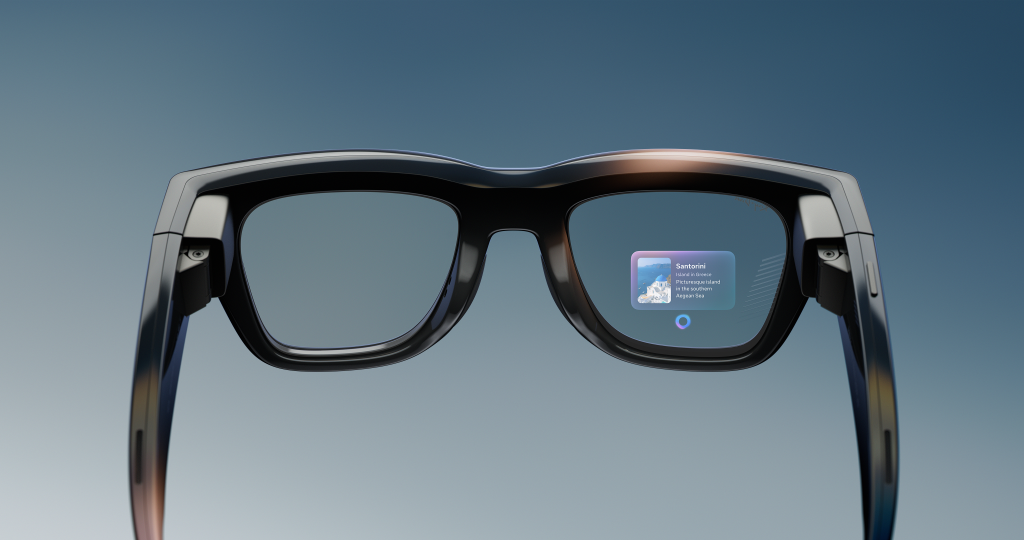
Meta Ray-Ban Display and Neural Band Bracelet
To date, over a million Meta glasses have been sold, and the new model continues that trend. In addition to cameras, speakers, microphones, and a built-in AI assistant, they now include a screen that displays apps like Instagram, WhatsApp, and Facebook, as well as navigation and real-time translation.
The most outstanding innovation is "Meta Neural Band” – a bracelet that uses surface electromyography (“sEMG”) to detect signals between the brain and the hand when performing gestures. Users can use a gesture, such as writing with a pen, to “write” text that then appears on the glasses’ screen. Zuckerberg achieved about 30 words per minute in the presentation, which is close to the average typing speed on a smartphone.
The technology allows for silent messaging without speaking, which is often more natural than voice commands in public spaces. Although similar gestures are familiar from devices like the Nintendo Joy-Con or the Apple Watch, Meta is expected to overcome previous limitations and open the way to more complex commands.
A big bet on the future
Reality Labs, Meta's hardware development arm, has already posted more than $70 billion in losses since 2020, which has investors worried. But the new glasses are the first evidence of where those investments have gone: into a product that could become a serious alternative to smartphones. With the Ray-Ban Display, Meta hopes to start a cultural shift away from phones and toward smart glasses.
Of course, questions remain about whether the technology will be natural enough for everyday use. For now, it's mostly an impressive demonstration that combines a screen, artificial intelligence, and a new way to interact with the Neural Band. Zuckerberg pitched it as a more pro-social technology that could reduce screen addiction — even though Meta is the one that offers the apps that take up the most time.
The Meta Ray-Ban Display may be the company's biggest bet yet—even bigger than its metaverse. The glasses offer a glimpse into a future where smartphones may become a thing of the past, much like phones with T9 keyboards. Whether users embrace that vision will determine whether Meta can truly become a leading player in the next big consumer technology platform.




